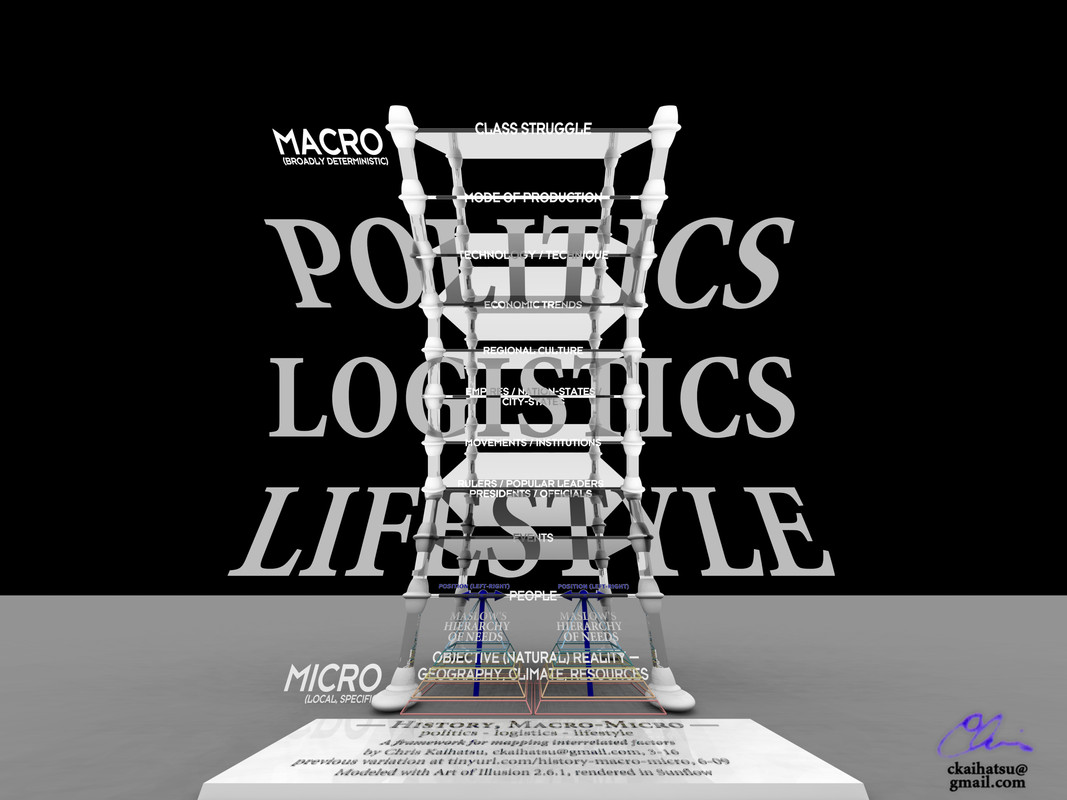- 03 Oct 2021 12:30
#15193168
Hi, BOycey!
With regard to your first sentence, 'value' is defined as the ability of a work of art to 'say' something to those interested in art qua art over an extended period of time. Let me add something, if I may. Science tells us about the world outside of ourselves while art tells us something about our inner world.
Regards, stay safe 'n well 'n remember the Big 5.
B0ycey wrote:Define value. The truth is the success and talent attributed to art depends on the name attached to it. Van Gogh's paintings today are highly praised. But in his lifetime he sold one painting. But his story and death brought his paintings to life. And now they are worth millions. So who vetted his paintings? His brother? Gauguin?Letrec? The maid he gave his ear to? Or the people who attended a exhibition that his family organised after his death which spread his story on? Same broad strokes, same vivid colours. Same canvas, same images. The same everything. But the value still changed over night. And the same is true today as it happens. A nameless artist will be lucky to get his expenses back. And an artist with a name can do the bare minimum and make a million. I don't care much about this millionaire playground. But I will always shit on it.
Hi, BOycey!
With regard to your first sentence, 'value' is defined as the ability of a work of art to 'say' something to those interested in art qua art over an extended period of time. Let me add something, if I may. Science tells us about the world outside of ourselves while art tells us something about our inner world.
Regards, stay safe 'n well 'n remember the Big 5.
"And gladly wolde he lerne, and gladly teche." Geoffrey Chaucer






















 - By Pants-of-dog
- By Pants-of-dog